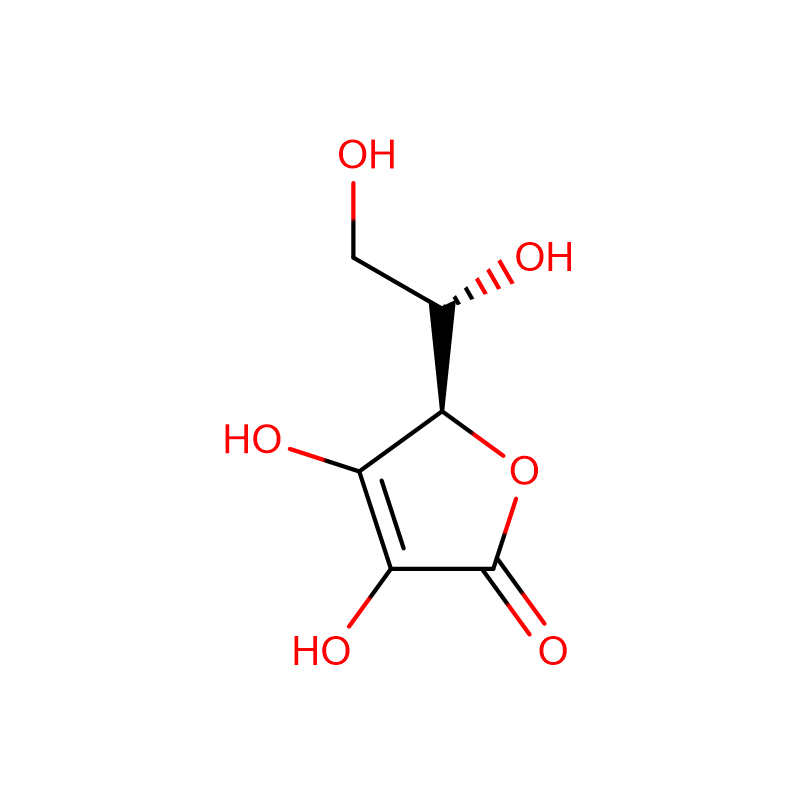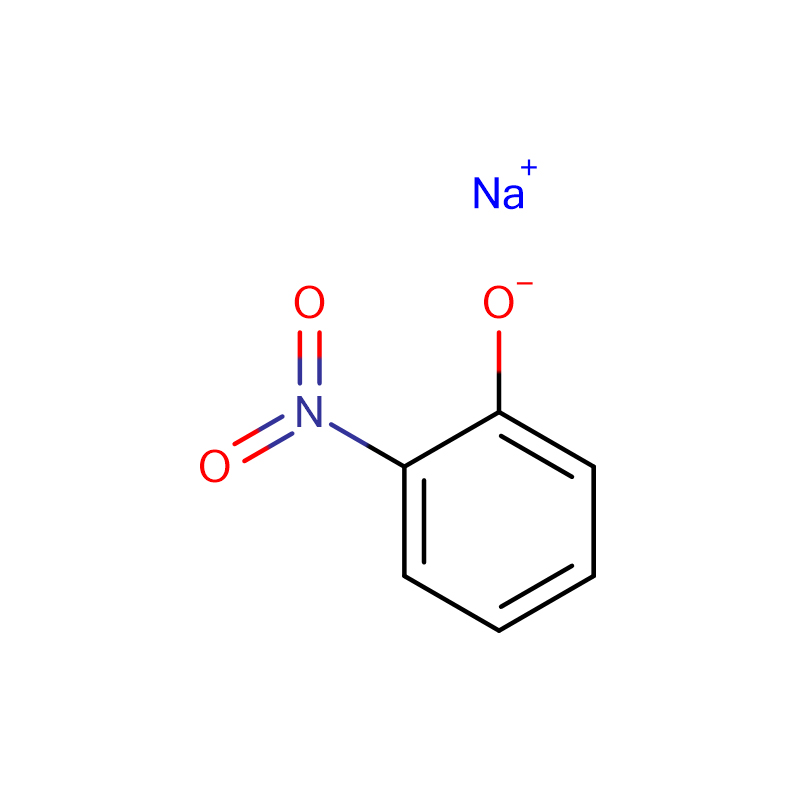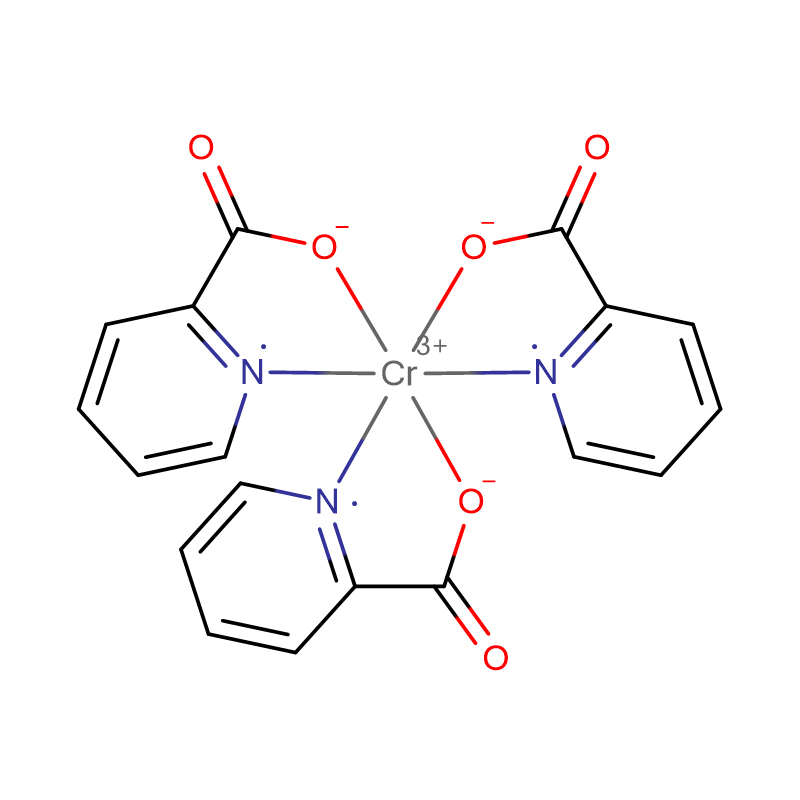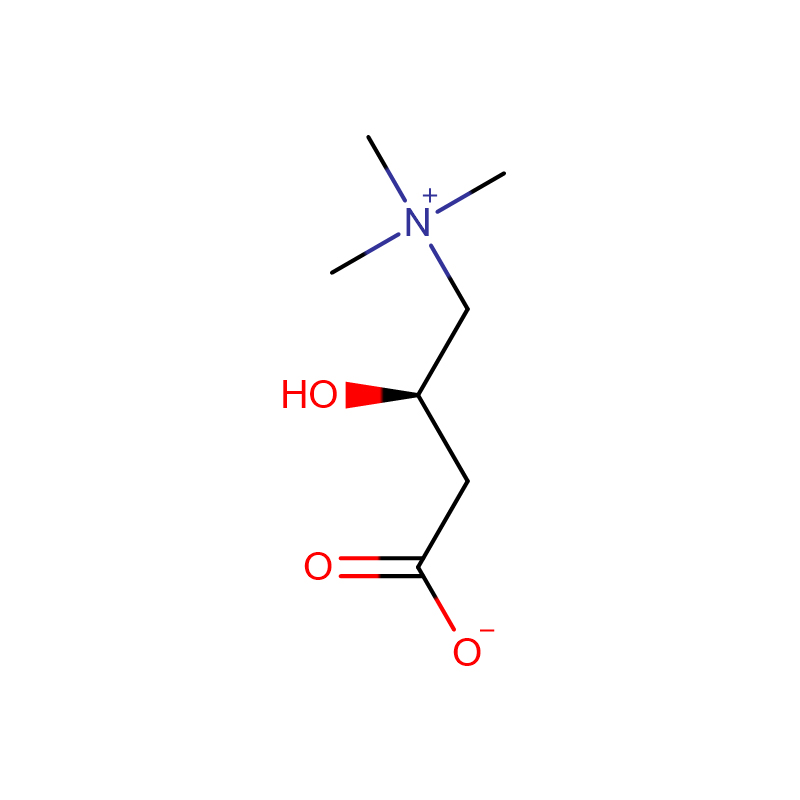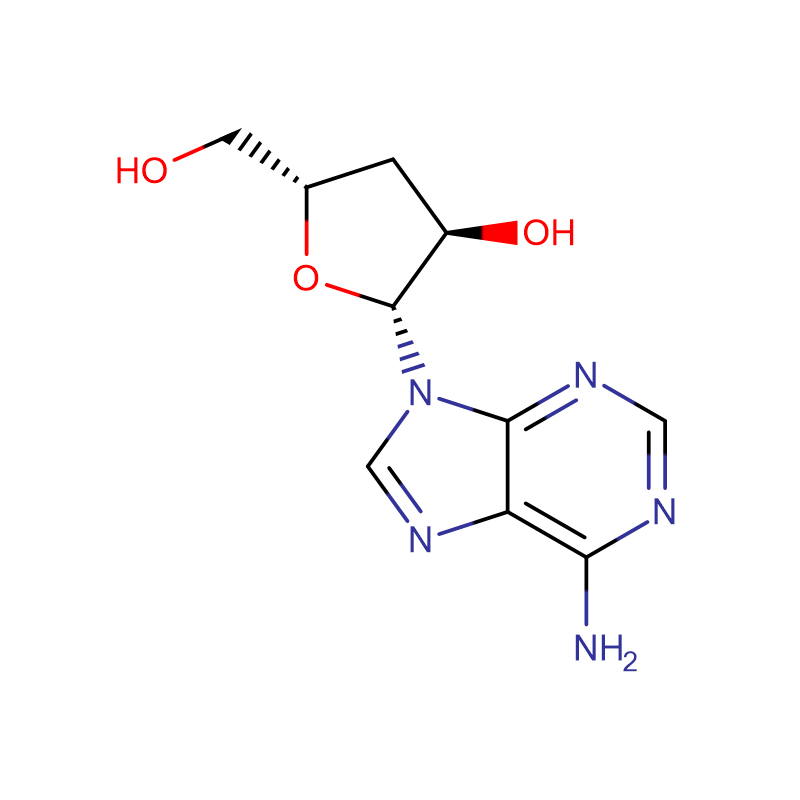Ascorbic Acid Cas:50-81-7
| Catalog Number | XD91241 |
| Product Name | Ascorbic Acid |
| CAS | 50-81-7 |
| Molecular Formula | C6H8O6 |
| Molecular Weight | 176.12 |
| Storage Details | Ambient |
| Harmonized Tariff Code | 29362700 |
Product Specification
| Appearance | White or almost white, crystalline powder |
| Assay | ≥99% |
| Arsenic | 3ppm max |
| Lead | 2ppm max |
| pH | 2.1-2.6 |
| Loss on Drying | <0.5% |
| Sulphated Ash | 0.1 %max |
| Iron | 2ppm max |
| Copper | 5.0ppm max |
| Colour of Solution | BY7 max |
| Mercury | 0.1ppm max |
| Specific optical rotation | 20.5 - 21.5 @20 DegC |
| Mercury | 0.1ppm max |
| Organic Volatile Impurities | Conforms |
| Mesh | <100 |
| Oxalic acid | 0.3%max |
| Residual Solvents | Conforms |
| Clarity of Solution | Clear |
| Cadmium (Cd) | 1ppm max |
| Heavy metals(as Pb) | 10ppm max |
| Identity | Conforms |
Vitamin C, also known as L-ascorbic acid, is an essential nutrient for higher primates and a few other organisms. Ascorbic acid is metabolically produced in most organisms, but humans are the most notable exception. The best known is that vitamin C deficiency causes scurvy. The pharmacophore of vitamin C is the ascorbate ion. In organisms, vitamin C is an antioxidant because it protects the body from oxidants, and it is also a coenzyme.
Use: as an antioxidant, can be used in fermented flour products, the maximum usage is 0.2g/kg; Can also be used for beer, the maximum use of 0.04g/h. Can also be used as food nutrition fortifier.
Purpose: Water-soluble antioxidant
Usage: used as chemical reagent and chromatographic reagent
Use: vitamin medicine, used for the prevention and treatment of scurvy, also used for all kinds of acute and chronic infectious diseases and purpura, etc
Use: Vitamin C participates in the complex metabolic process of the body, and can promote growth and enhance the resistance to disease. China's regulations can be used to strengthen the sandwich hard candy, the use of 2000 ~ 6000mg/kg; In high iron cereals and their preparation. Product (daily limit of food 50g) in the use of 800 ~ 1000mg/kg; The dosage in fortified infant food is 300-500mg /kg; In fortified canned fruit, the dosage is 200-400mg /kg; The dosage in fortified drinks and milk drinks is 120 ~ 240mg/kg; The dosage in fortified fruit puree is 50 ~ 100mg/kg. In addition, this product has strong reducibility, can be used as an antioxidant.
Use: vitamin C is involved in the complex metabolic process of the body, can promote growth and enhance the resistance to disease, can improve egg production and eggshell quality of poultry. When animals lack vitamin C, there will be loss of appetite, growth stagnation, matt fur, anemia and other symptoms. In addition, this product has a strong reducibility, is a good antioxidant.
Use: synthetic vitamin C is the same as natural vitamin C. This product can promote folic acid to tetrahydrofolic acid, is conducive to nucleic acid synthesis, promote the generation of red blood cells. It can also reduce ferric ions to ferric ions, which are easily absorbed by the human body and beneficial to the generation of cells. Vitamin C is involved in collagen production in the body. With neutralization toxin, promote the generation of antibodies, can enhance the body's detoxification function. In medicine, it is mainly used for the prevention or treatment of scurvy, as well as for the diseases such as caries, gum abscess, anemia, growth and development stagnation caused by insufficient anti-blood acid.
Use: vitamin medicine. Participate in the body REDOX process, reduce capillary brittleness, increase body resistance. Used for vitamin C deficiency, fever, chronic wasting diseases, etc
Uses: Reference reagent for determination of arsenic, iron, phosphorus and iodine, chromatographic analysis reagent, antioxidant, masking agent, reducing agentevel.


